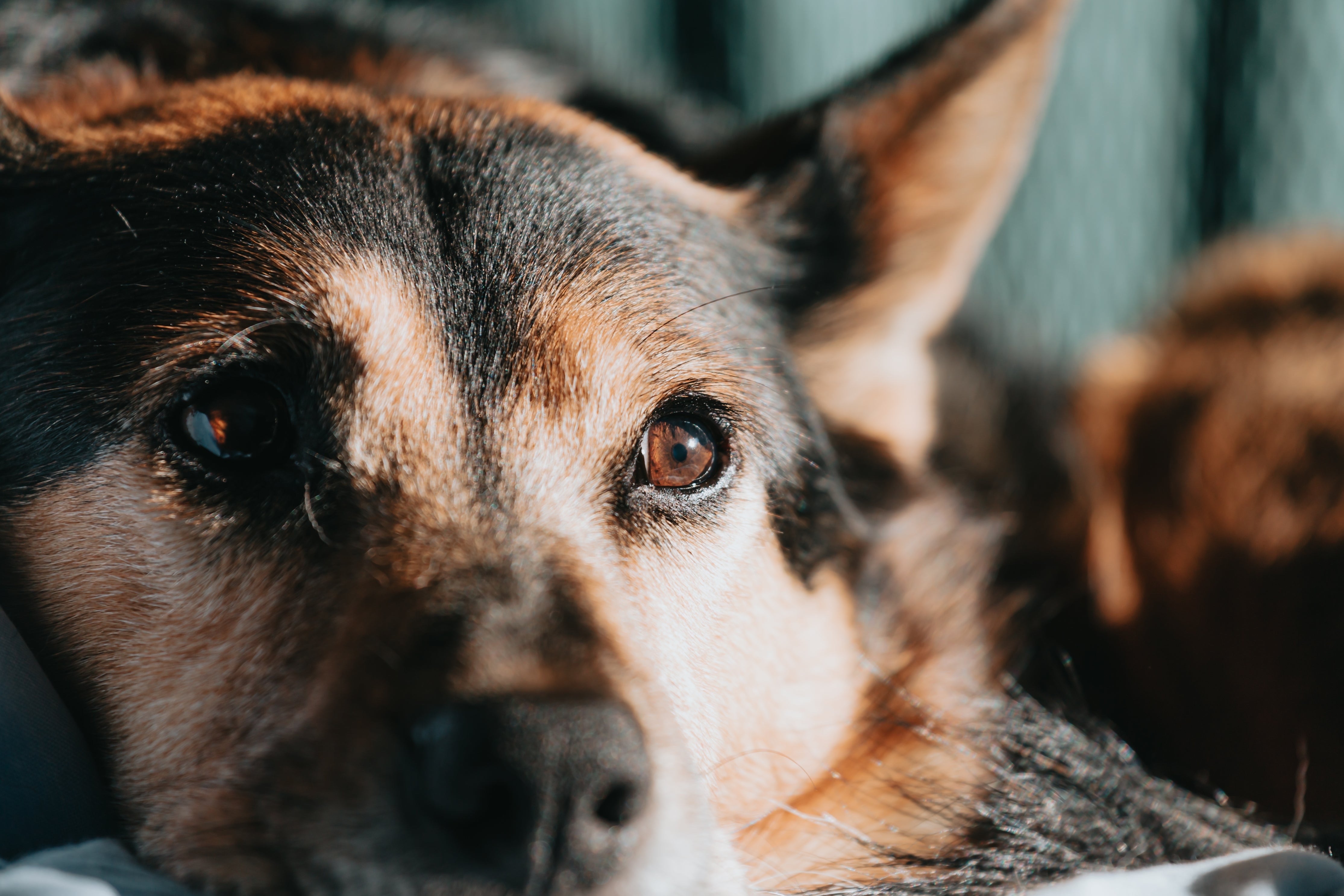Article: The Importance of sleep for dogs why your furry friend needs quality rest

The Importance of sleep for dogs why your furry friend needs quality rest
Dogs are often considered part of the family, and just like us, they need their sleep. However, the importance of sleep for dogs is sometimes overlooked. Ensuring that your dog gets enough quality rest is crucial for their overall health and well-being. In this blog, we'll explore why sleep is so important for dogs and how you can help your canine companion get the rest they need.
1. Sleep Supports Physical Health
Just like humans, dogs need sleep to recover and rejuvenate their bodies. During sleep, their bodies work to repair muscles, tissues, and cells. This is especially important for puppies, senior dogs, and active breeds that may experience more wear and tear on their bodies. Adequate sleep also helps in regulating a dog’s immune system, making them less susceptible to illnesses.
Sleep is essential for a dog’s physical recovery and overall health.
2. Cognitive Function and Learning
Sleep plays a significant role in a dog's brain function. When dogs sleep, their brains process and store the information they've learned during the day. This is particularly important for puppies who are in their prime learning phase. Proper sleep helps them retain commands, training, and social interactions. Without enough rest, dogs may struggle with memory, focus, and even behavior.
Adequate sleep is crucial for learning and cognitive function in dogs.
3. Emotional Well-Being
Dogs, like humans, can experience stress, anxiety, and mood swings. A lack of sleep can exacerbate these issues, leading to a more irritable or anxious dog. Ensuring that your dog gets enough rest can help maintain their emotional balance, making them more relaxed and content. This is particularly important in households with multiple pets or young children, where stress levels might be higher.
Sleep helps maintain emotional stability in dogs, reducing stress and anxiety.
4. Behavioural Health
Dogs that don’t get enough sleep can exhibit problematic behaviors such as excessive barking, aggression, or hyperactivity. Sleep deprivation can lead to irritability, just as it does in humans. Ensuring that your dog gets enough sleep can prevent these behavioral issues and help them maintain a calm and balanced demeanor.
Adequate sleep is key to preventing behavioral problems in dogs.
5. Sleep Patterns and Environment
Understanding your dog’s sleep patterns can help you ensure they get the rest they need. Dogs typically sleep 12-14 hours a day, with puppies and older dogs requiring even more. It’s important to provide a comfortable and quiet sleeping environment where your dog feels safe and secure. Consider factors such as the temperature, noise levels, and the quality of their bedding.
A comfortable sleep environment is essential for a dog’s rest and overall well-being.
6. Signs Your Dog Might Not Be Getting Enough Sleep
Excessive Yawning:*While yawning is normal, frequent yawning can indicate tiredness.
Irritability or Grumpiness: A tired dog may be more prone to snapping or growling.
Lethargy:If your dog seems unusually slow or unwilling to engage in activities they usually enjoy, they may be sleep-deprived.
Restlessness: Pacing, whining, or difficulty settling down can be signs of inadequate rest.
If you notice these signs, it might be time to evaluate your dog's sleep habits and environment.
Monitor your dog’s behavior for signs of sleep deprivation.
7. Tips for Improving Your Dog’s Sleep
Establish a Routine: Dogs thrive on routine. Establish regular times for feeding, walking, and sleeping.
Create a Comfortable Sleep Space:*Ensure your dog’s bed is comfortable, and place it in a quiet area.
Reduce Nighttime Disturbances:Keep the house quiet and dark during the night to help your dog sleep undisturbed.
Exercise: Make sure your dog gets enough physical activity during the day to help them sleep better at night.
Sleep is vital for your dog's health, happiness, and overall quality of life. By ensuring your dog gets the rest they need, you’re helping them live a longer, healthier, and more contented life. So, next time you see your furry friend snoozing away, remember that they’re not just being lazy—they’re taking care of themselves, just like we should.
Prioritize your dog’s sleep as much as you do their diet and exercise, and you’ll have a happier, healthier companion by your side.




